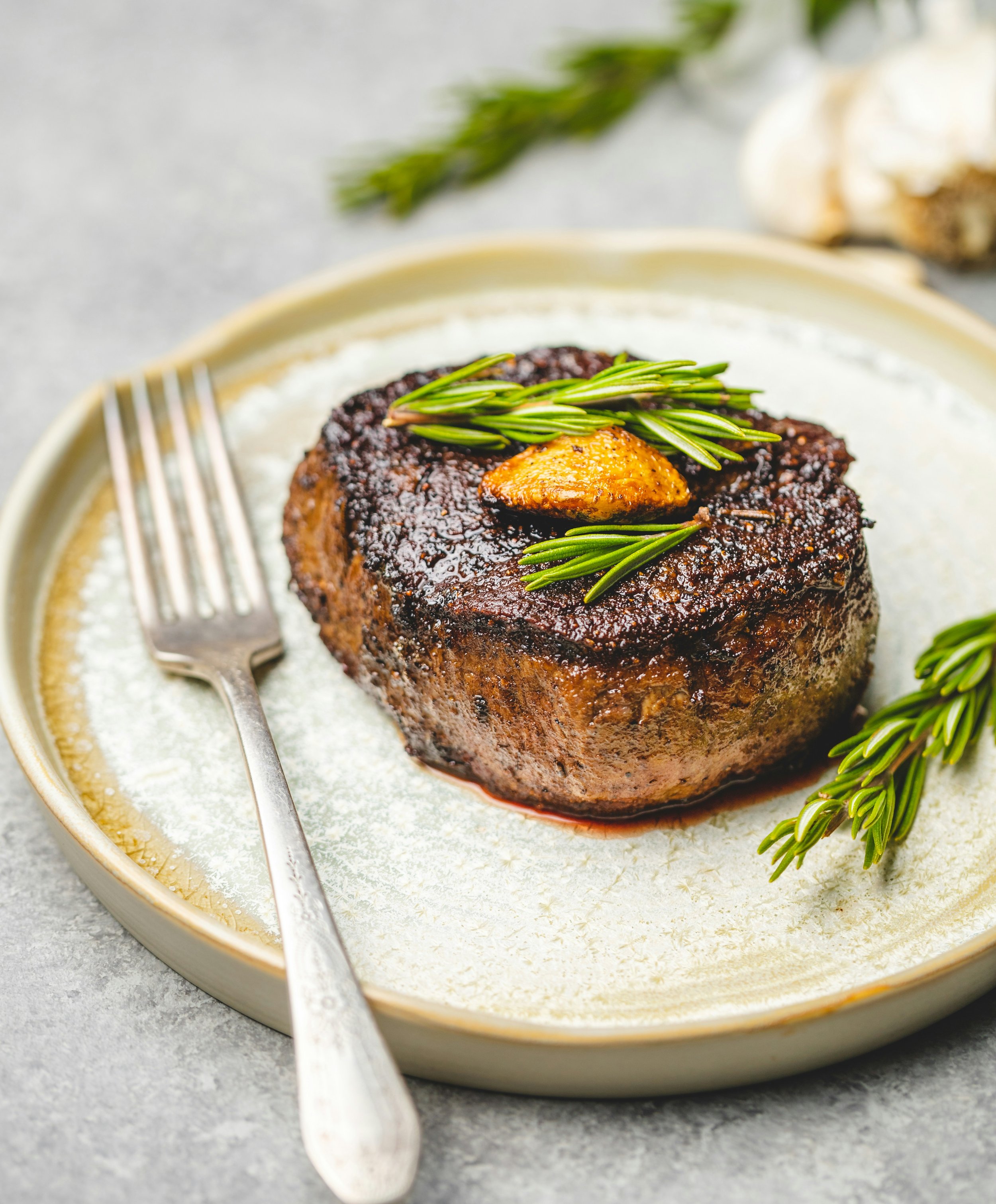Is Gut Dysbiosis Creating Hormonal Chaos?
If you’ve been dealing with symptoms like painful, heavy or irregular periods, mood swings, hormonal acne, PCOS, endometriosis, bloating and weight gain, there’s a good chance you’re dealing with gut dysbiosis and estrogen dominance.
Oftentimes women are looking for that quick fix or the “magic pill” that will take away their period pains, relieve their bloating, make them lose weight and stabilize their mood. I’m here to tell you that there isn’t one, but there are a TON of other ways we can help you support your system, especially your gut health and hormones, to bring you back into balance.
What is Gut Dysbiosis?
Gut dysbiosis refers to an imbalance of bacteria and other microbes within the digestive tract. This delicate ecosystem within the gut can easily be thrown off by a variety of factors, and when it does, our entire system can be thrown off with it.
Some Common Factors in Gut Dysbiosis:
Poor diet & inflammatory foods
Antibiotic use & other meds like PPIs/acid blockers
Liver congestion
Toxins in our food and environment
Poor bowel habits
Infections
Stress
…and more.
How Your Gut Bacteria Influences Estrogen
Our gut bacteria have a strong impact on both the estrogen levels in our bodies as well as the type of estrogen present. The bacteria in our microbiome help regulate the recirculation and reabsorption of estrogens, so if we have unhealthy estrogens and we aren’t properly removing them (via the gut and liver), we can develop issues related to estrogen dominance and experience all kinds of hormonal chaos such as PMS, weight gain and anxiety. Additionally PCOS has been associated with changes in the gut microbiota.
If You’re Backed Up, Your Hormones Will Suffer
Many clients we see struggle with constipation, meaning they’re not having at least 2-3 complete bowel movements daily. Constipation or irregular bowel movements contribute to dysbiosis in a major way. If you think about it, when you’re constipated, things become stagnant, right? If things aren’t moving in the colon, this causes toxins, bad bacteria and even excess hormones to also be backed up in our systems instead of being eliminated efficiently.
How Nutrition Can Help
When working on restoring digestive health and hormones, we must always start with proper nutrition. Eating foods that support our detoxification pathways, including the gut and liver, as well as support the removal of excess estrogens can help! Some of these foods are broccoli, cauliflower, turmeric, broccoli sprouts, brussels sprouts, dark leafy greens like arugula and probiotic foods like kimchi. Additionally, we want to also eliminate foods contributing to dysbiosis and therefore estrogen dominance, such as refined sugars, grains and processed foods.
We Take You to The Next Level
Like I said above, good nutrition to support digestive health and hormones is key, but we go the extra mile in our practice to help our clients get results. With a solid foundation of nutrition, we can then use targeted, professional supplements to help clear bad bacteria, rebalance the microbiome, support the liver and regulate estrogen metabolism. Additionally, specialized gut and hormone testing are excellent tools we frequently use for more targeted results and to craft our protocols. For more details about these tests visit our services page.
We can’t simply take a hormone support supplement without also addressing our nutrition and microbiome health, as the two go hand-in-hand! If you’re looking for 1-on-1 personalized support, visit our practitioner page to find the best practitioner to fit your needs and help you in your healing journey.
Asher Kleiber
Registered Holistic Nutritionist





